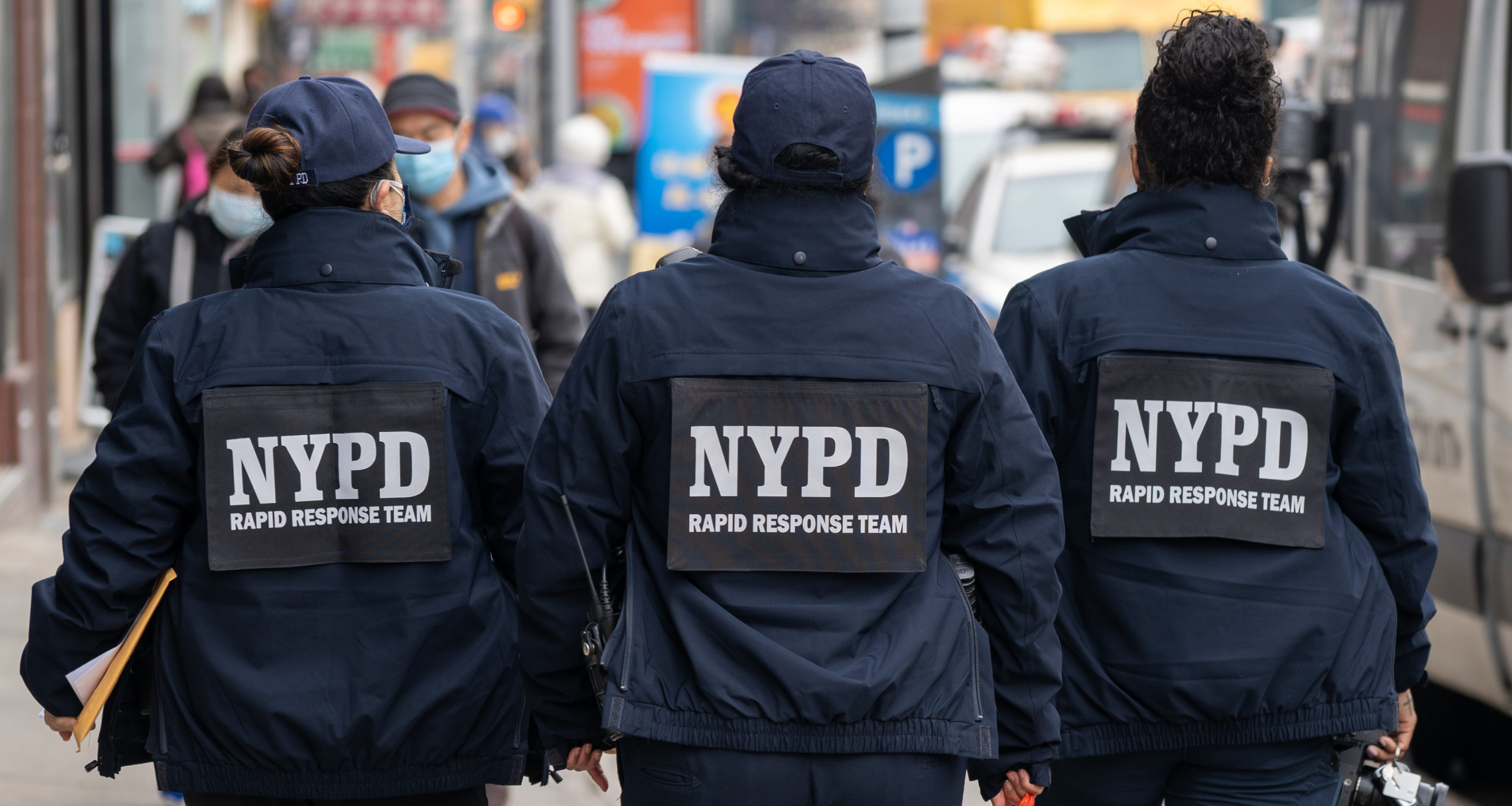In May 2018, Ibrahima Seck approached Arquelio Negrón-Rosa, asked for a cigarette and, when Negrón-Rosa declined, called him a “Puerto Rican motherfucker” and kicked the 69-year-old down a flight of stairs, permanently dislocating his shoulder. For this felony hate crime, Bronx District Attorney Darcel Clark sent Seck to an alcohol abuse programme. When he graduated, he received conditional release.
There were over 500 hate crimes reported to the NYPD last year, city data shows, marking a 99% increase over 2020’s historic low. Over 200 anti-Semitic offences, a long-standing problem in the city, were compounded by nearly 150 anti-Asian incidents, which reflects a nationwide trend.
New York City’s leaders like to talk tough on hate crimes. But the data shows otherwise. Between 2015 and 2020, New York’s DAs got hate crime convictions in just 15% of cases, including 1% from the Bronx office. These low rates are part of a broader failure: the NYPD made an arrest in just one in three hate crimes since 2019, including just one in five anti-Semitic hate crimes, the most common type.
Hate crime enforcement is one of the ways we enforce public decency. In a city as big and diverse as New York, tensions between groups pose a unique threat to the moral order that makes civic life possible. By identifying offenses against other groups as particularly deserving of punishment, hate crime laws help keep the city respectful and peaceful.
But laws don’t work if they are unenforced. Diverting offenders like Seck reduces deterrence, as does waiving hate crime misdemeanours, like Manhattan DA Alvin Bragg’s prosecution policy would. So does repeatedly releasing offenders like Frank Abrowka, who was arrested for attacking a woman with faeces on the subway, then found to have committed a separate anti-Semitic attack last September. Abrowka is still on the street, thanks to New York State’s bail reform law.
The problem is bigger than inaction in the criminal justice system, of course. One in three anti-Semitic offendents is mentally ill. Plans to increase the number of treatment beds, and more frequently compel outpatient mental treatment, should help stop hate crime offending.
But if New York’s leaders are as serious about hate crimes as they claim to be, they need to start acting on it. Prioritise arresting and prosecuting hate crime offenders, and continue to challenge bail reform policies that let them out repeatedly. For the Jewish and Asian New Yorkers now afraid to walk the streets, it’s the least they can do.
Charles Fain Lehman is a fellow at the Manhattan Institute, working primarily on its Policing and Public Safety Initiative, and a Contributing Editor of City Journal.











Join the discussion
Join like minded readers that support our journalism by becoming a paid subscriber
To join the discussion in the comments, become a paid subscriber.
Join like minded readers that support our journalism, read unlimited articles and enjoy other subscriber-only benefits.
Subscribe